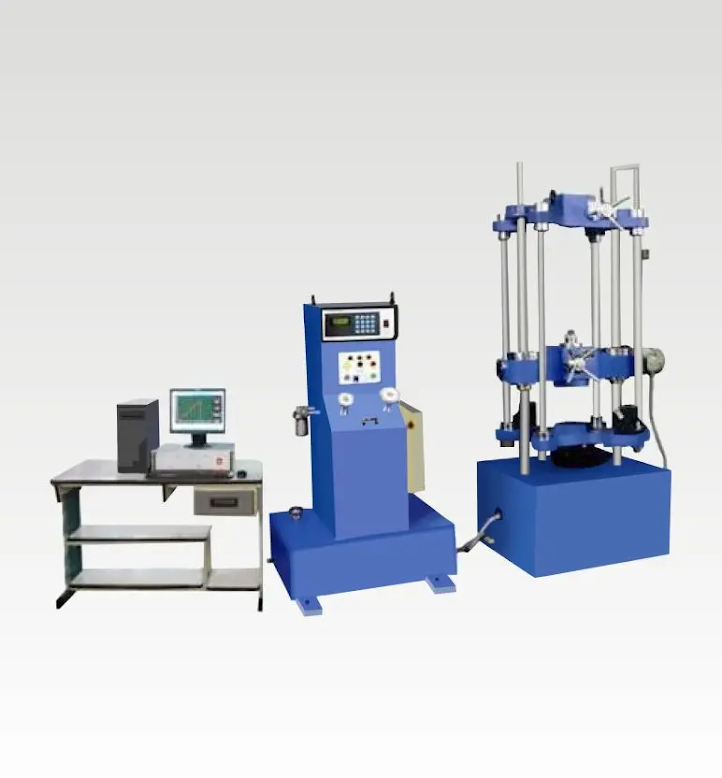What Is The Tensile Strength Test?
The idea of tensile strength is entirely a basic one. To recognize the genuine tensile strength level of a material, certain strains should be applied to it at different places.
The most fundamental method for doing this is to pull the material at two inverse focuses simply. By aligning how much tensile power is expected to prolong a material to its limit, producers and specialists can foresee how it will act in the event that a comparable power is applied to it in anything that reason it was intended for.
The benefit of the tensile strength test through a universal testing machine is the negligible arrangement expected to make materials viable to the method. Everything necessary is for the tensile test tests to be sliced to squeeze into the machine.
There is no requirement for broad test material readiness, for example, eliminating imperfections or checking the abrasiveness of the example's surface. The actual test is intended to cause the material to go through extreme measures of strain and pressure. This, thusly, will decide whether the material fits anything that reason makers have for it.
Also Check:- Deciding the Working of a Universal Testing Machine
Uses of universal testing machine
They are extraordinary multi-reason instruments for any QC or Research and development lab. Coming up next are a couple of normal purposes for UTMs:
Tensile testing - One of the most widely recognized applications for UTM, a tensile test measures areas of strength for how the material is, the manner by which long it can stretch, and how solid it is as the material is pulled separated until the limit.
Compression testing - Compression is the immediate inverse of a tensile test. A UTM machine can be utilized to pack an item until a pre-decided burden or distance or until the item breaks.
Peel testing - A peel test is very like a tensile test, just as opposed to pulling a solitary piece of material separated, you are pulling separated two materials that have recently been reinforced together to decide its typical peel force.
Bend testing - Bend testing is a type of compression test where the length of material is upheld on each end while the universal testing machine pushes down straightforwardly in the center of the range until it breaks or arrives at a specific distance. Bend testing measures the flexural strength (adaptability) and flexural modulus (firmness) of a material.
Cut testing - A cut test includes examining a material example until it penetrates, to get its cut obstruction esteem.





0 Comments